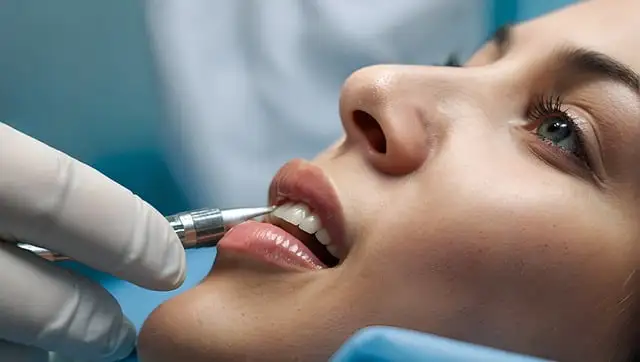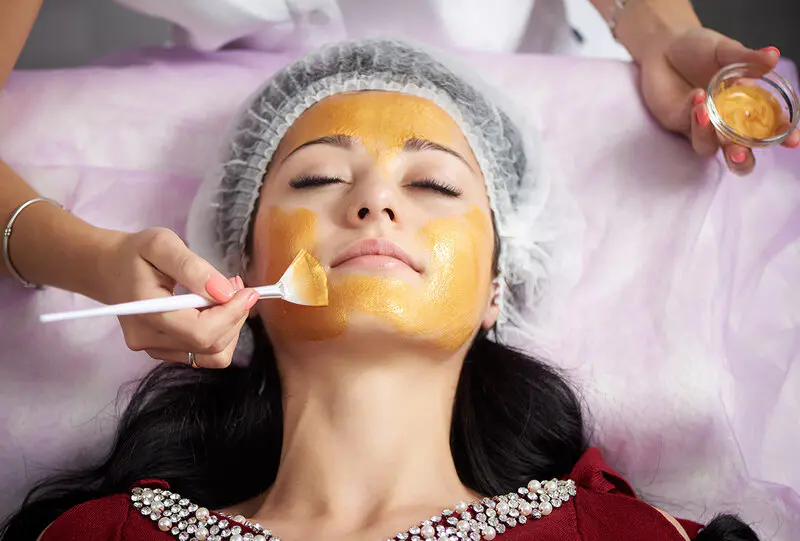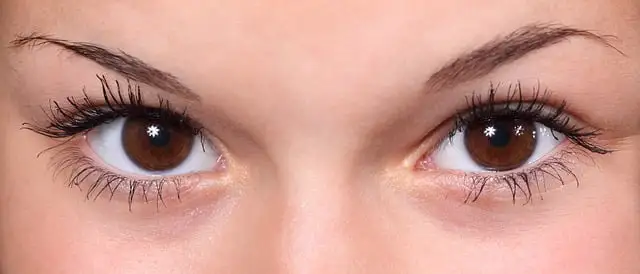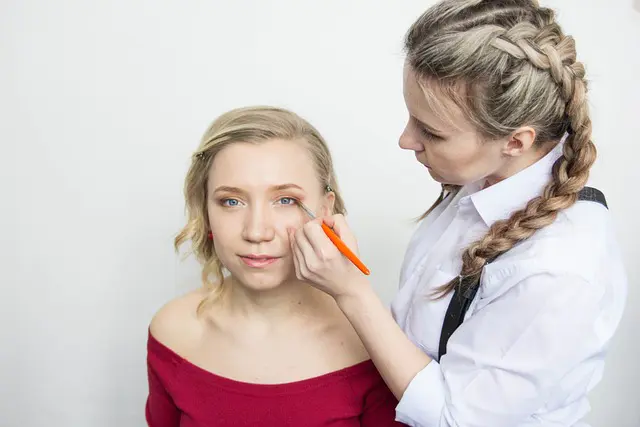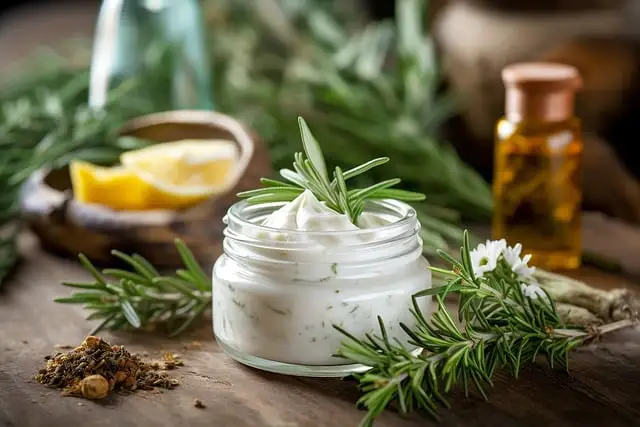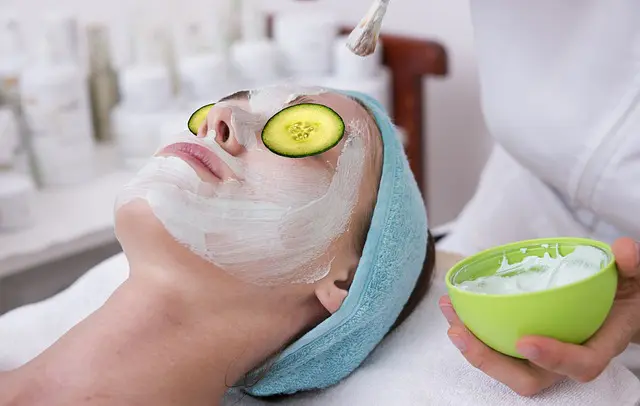Attaining a luminous and healthy complexion can be challenging amidst the myriad of skincare products and regimens available. While topical treatments play a role, the key to beautiful skin is found within: our diet. The food we consume significantly influences our skin's appearance, and a well-balanced diet can lead to clearer, more youthful, and glowing skin.
This article delves into the critical role of nutrition in skin health, emphasizing vital vitamins, minerals, and nutrients that contribute to a vibrant skin tone. We will explore the scientific basis for how certain foods impact skin health and offer advice on how to nourish your skin through dietary choices.
1. The Link Between Diet and Skin Health
Your skin, like the rest of your body, needs essential nutrients to remain healthy. Adequate nutrition enhances the body's capacity to regenerate skin cells, combat oxidative stress, and maintain hydration. Poor nutrition can result in various skin issues, such as dryness, acne, a lackluster appearance, and premature aging signs.
1.1 Nutrition's Impact on Skin Function
The skin's cells depend on a steady supply of nutrients for optimal function. For instance, vitamin C is vital for collagen synthesis, which provides the skin with its structural integrity, while antioxidants like vitamin E shield the skin from environmental harm. Additionally, healthy fats are essential for preserving the skin's moisture barrier, ensuring hydration and fullness.
When the body lacks these nutrients, the skin may appear dull, dehydrated, or susceptible to imperfections. On the other hand, a diet rich in skin-friendly nutrients can foster healthy, radiant skin and prevent common skin concerns.
1.2 The Significance of Antioxidants
Antioxidants are food compounds that neutralize free radicals—unstable molecules that can harm skin cells and speed up aging. Free radicals are generated through exposure to environmental stressors such as UV rays, pollution, and tobacco smoke. By incorporating antioxidants into your diet, you can safeguard your skin from oxidative stress and postpone the signs of premature aging.
The most potent antioxidants for skin health include vitamins C and E, beta-carotene, and selenium. These nutrients aid in protecting the skin from environmental damage and promoting cell regeneration, resulting in a clearer, more youthful complexion.
2. Essential Nutrients for Healthy, Bright Skin
Now that we've established the connection between nutrition and skin health, let's examine some of the most important nutrients that contribute to a bright complexion.
2.1 Vitamin C: Catalyst for Collagen and Radiance
Vitamin C is indispensable for skin health. It is required for collagen synthesis, which is crucial for the skin's structure and firmness. Collagen imparts elasticity to the skin, preventing sagging and the formation of wrinkles.
In addition to supporting collagen synthesis, vitamin C is a potent antioxidant that shields the skin from UV damage and environmental pollutants. It also helps to brighten the complexion and reduce the appearance of dark spots and hyperpigmentation.
Foods abundant in vitamin C include citrus fruits, berries, kiwi, bell peppers, broccoli, and leafy greens. Incorporating these into your diet can enhance your skin's overall health and radiance.
2.2 Vitamin E: Shield Against Skin Degradation
Vitamin E is a powerful antioxidant that aids in protecting the skin from damage caused by free radicals and UV rays. It also supports skin hydration by minimizing moisture loss and strengthening the skin's barrier function. Vitamin E is recognized for its anti-inflammatory properties, which can alleviate skin irritation and redness.
You can find vitamin E in foods such as almonds, sunflower seeds, spinach, and avocados. Regular consumption of these nutrient-dense foods can help protect your skin from harm while promoting softness and hydration.
2.3 Omega-3 Fatty Acids: Moisture and Inflammation Regulation
Omega-3 fatty acids are essential fats that are crucial for maintaining the skin's moisture barrier. These healthy fats help keep the skin hydrated and plump by preventing water loss. Omega-3s also

